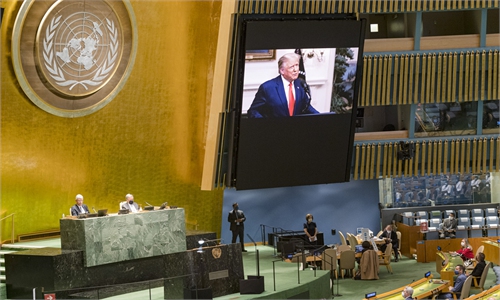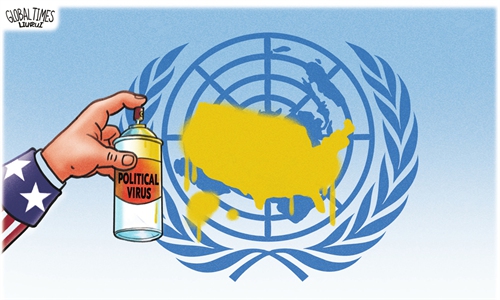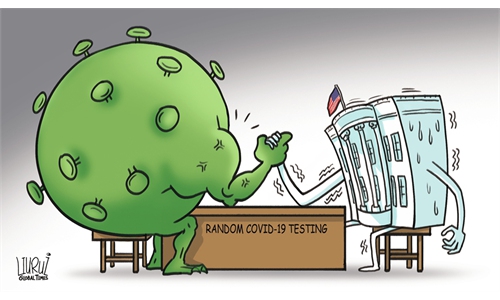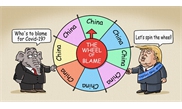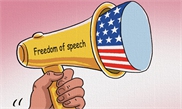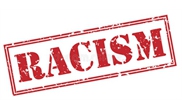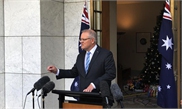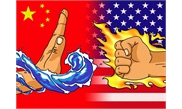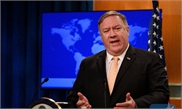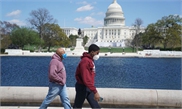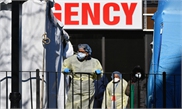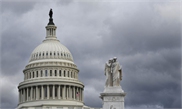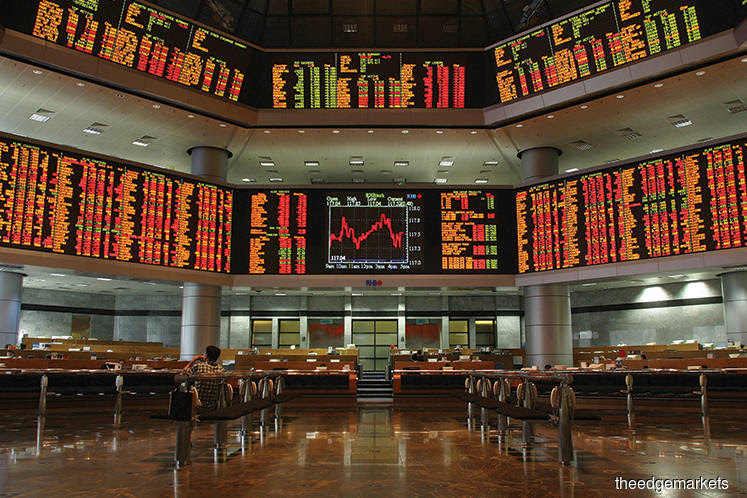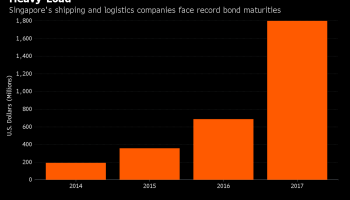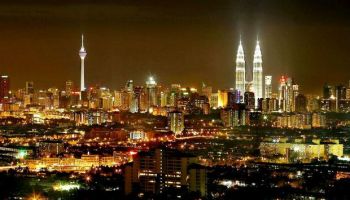SMIC'S progress in industry commendable effort despite sanctions
This was out of the blue, considering that Huawei suffered for the past three years since the United States trade sanction during the Donald Trump-led administration which placed Huawei on the export blacklist depriving the phone and network giant from key semiconductor components necessary to manufacture its successful premium smartphone products.
At its peak in 2020, Huawei had 38% of China’s total smartphone market share with Vivo coming in second at 17.7% and Oppo coming in third at 17.4%.
Globally, Huawei had just over 10% with much room to catch up to Samsung and Apple, which had an estimated 30% and 26% respectively.
Despite that, it officially became the world’s number one smartphone player after shipping 55.8 million handsets, surpassing Samsung in the second quarter of 2020.
This did not last long, as in the year after the trade sanctions kicked in, Huawei suffered immensely when its revenue for the consumer division plunged 47% in the first half of 2021 and fell out of the world’s top five smartphone maker for the first time in six years.
If that wasn’t enough, Huawei had to endure a prolonged winter because of the sanctions with market commentators even speculating they will exit the smartphone market entirely.
To stay afloat, Huawei sold off its entire stake in Honor, the budget range smartphone business for Us$15.2bil to Shenzhen Zhixin New Information Technology Co Ltd, a consortium made up of over 30 dealers and includes a state-owned enterprise of the municipal government of Shenzhen.
Hence, when social media caught wind of Huawei Mate 60 pro with videos of long queues for the launch of the smartphone, it attracted global attention. The two questions on everyone’s mind were, “how did Huawei do it with the sanctions ongoing?” and “is this the start of Huawei’s path to reclaim its smartphone throne?”
For those who are not too familiar, one should understand that chips are denominated in different measurements such as 5nm, 7nm and 10nm. It represents the specific generation of chips made with a particular technology and the smaller numbers represent more advanced and efficient technology.
In the past, these numbers indicated the size of the smallest features or transistors that can be produced on a chip using a particular manufacturing process.
What is interesting about Huawei’s latest smartphone launch is that the Kirin 9000s System on Chip that powers the phone model appears to be manufactured using an advanced 7nm process.
Following the trade sanction which was meant to cripple Huawei’s advancement in smartphone manufacturing, most would assume that Huawei would not have access to advanced chips.
In addition, Semiconductor Manufacturing International Corp (SMIC), China’s state-backed chip manufacturer which is widely regarded to be the top in China, is only capable of producing 14nm at that time. In addition, SMIC has not been able to procure the advanced Extreme Ultraviolet (EUV) lithography systems that are used to produce chips at 7nm and below before they were sanctioned as well.
Based on teardown analysis by reviewers online, the chip’s overall performance seems to match that of Snapdragon 888 or Apple A13 chipsets which were launched in 2019-2020. But for those who might have some familiarity with the chip fabrication industry, this is likely not the case as the 7nm chip could be produced using the older generation deep ultraviolet machines which China manufacturers can still import.
This would require usage of multi-patterning, a technique that has been utilised by Taiwan Semiconductor Manufacturing Company Ltd (TSMC) in 2017 of producing 7nm chips before EUV was introduced.
In fact, SMIC reportedly used this technique to produce a 7nm chip for bitcoin miners last year, so they are no stranger to the technique.
The downside of this technique is that it will waste more time, energy, water, while also resulting in higher defects and lower yield. Hence the cost of production is likely much higher.
Nonetheless, EUV machines are still needed to advance beyond 5nm process, and at 3nm and below, multi-patterning would be required even with EUV machines. Hence, we can say that the real bottleneck of the United States trade sanction will hit it hard beyond 5nm.
Currently, SMIC, while improving, is still lagging its global peers; TSMC and Samsung have already started mass production of chips using the 3nm process in 2022 which is two generations ahead of the 7nm process used by SMIC.
The gap is around four years but without access to EUV machines, it could take much longer for SMIC to reach 3nm. It is important to note that all its competitors are now working towards mass production of 2nm chips in 2025.
Considering how SMIC is also sanctioned by the United States, it is remarkable to see it making progress. SMIC will likely continue to be supported by the Chinese government in developing advanced chips.
So long as self-interest politics remains the priority over mutual prosperity and the technology transfer agenda, we will see companies and manufacturing bases move across regions based on the countries’ political alignments or foreign policies rather than merits.
Apart from the United States and European manufacturers that have been diversifying production out of China, even some Chinese suppliers are building new factories in our country as they do not want to lose their markets outside of China.
For now, most are setting up in the existing states with matured industry supply chains such as in Penang and Johor.
Hence, sad to say, while this fight between the two economic powerhouse is detrimental to the world in the long term, in the short term, it appears that it is good for our nation, and we should continue to capitalise on the opportunity.
At the end of the day, every country, especially the larger economies, hopes to maintain its economic dominance over the rest of the world. This era, thankfully, is not an era where the wars between countries are fought with guns and bullets. It is an era where the race is on technological advancement and scientific breakthrough.
Apart from the semiconductor chip competition that has been ongoing since the start of the United States-china trade war, the Covid-19 global pandemic has raised the awareness for the government on the importance on advancing research and development in the pharmaceutical and healthcare industry.
Even countries with the strongest military power cannot avoid the same fate of being engulfed in the effects of the pandemic like any other Third World country.
Unlike the United States, Europe, Taiwan and South Korea, China started research and development in the semiconductor industry much later. We must remember China only started focusing on developing its advanced chip technology recently.
Before the decoupling with the United States happened in 2020, there was no urgency to do so, given that they could still rely on imported technology.
As nations around the world continue to become more tribal, it is crucial to be self-sufficient, be it in the area of technology development, healthcare or food security. It may take awhile but eventually, government leaders ought to revert to multilateralism and focus on the benefits of building a global economy in the interests of mankind.
That is the best way forward for humanity.
By NG ZHU HANN
Related posts:
Did Huawei violate Iran sanctions? No, it shows deeper US-China battle for global influence as power coming from high-tech sector
Malaysia needs to learn from China to leapfrog its economy - Miti
China is set to mark its 20th National Day of Science Popularization starting from Saturday. At the Shougang Park in Beijing - the center stage of the national event - people can enjoy a hands-on experience with the country's cutting-edge ..


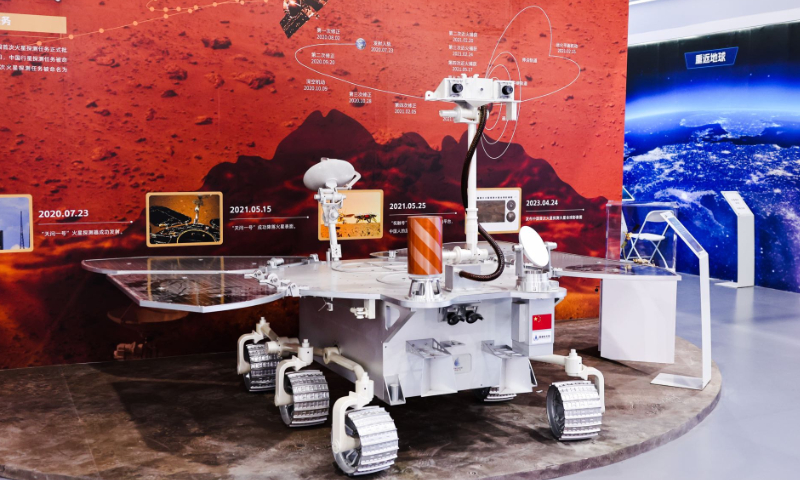
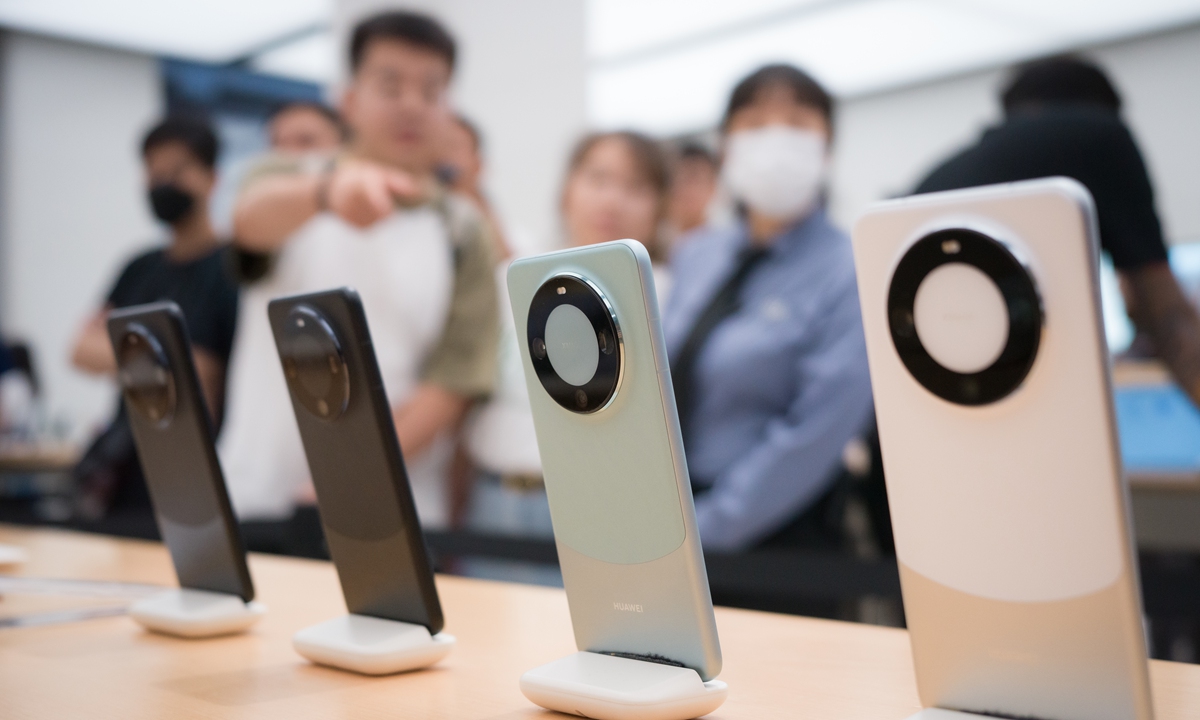


 by Ravi Velloor, is an associate editor at The Straits Times, a member of the Asia News Network (ANN) which is an alliance of 24 news media entities. The Asian Editors Circle is a series of commentaries by editors and contributors of ANN.
by Ravi Velloor, is an associate editor at The Straits Times, a member of the Asia News Network (ANN) which is an alliance of 24 news media entities. The Asian Editors Circle is a series of commentaries by editors and contributors of ANN.